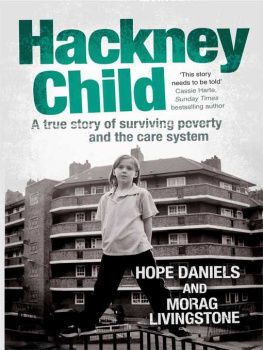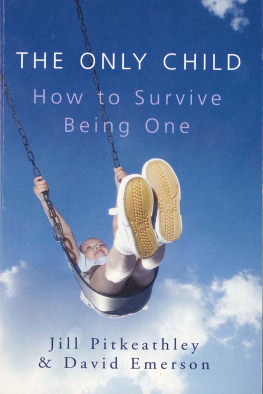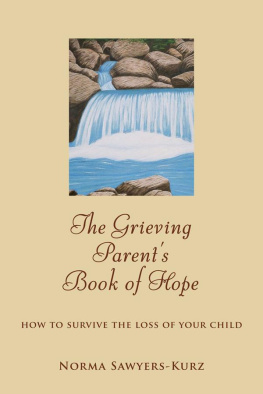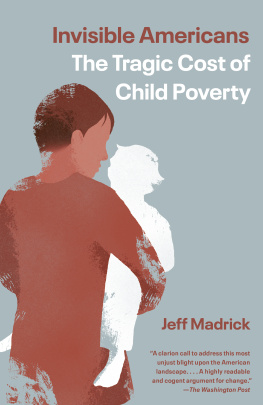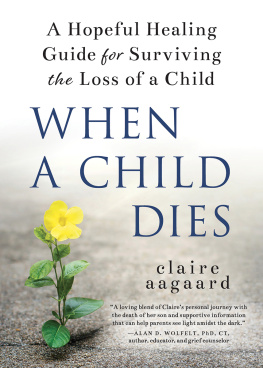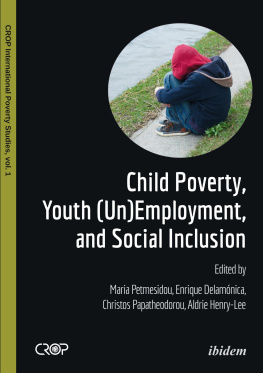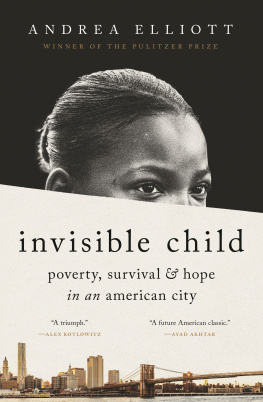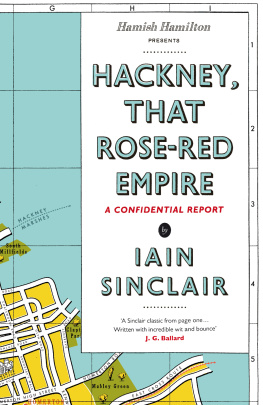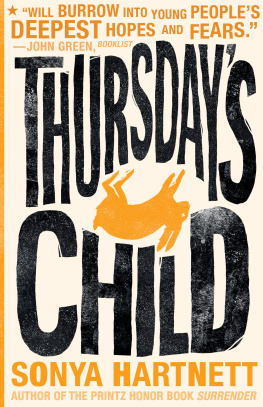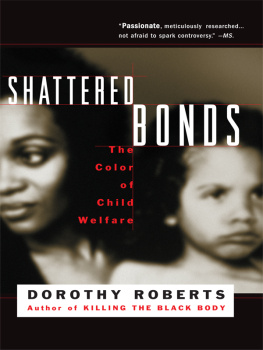HACKNEY CHILD
Hackney Child is a shocking reminder of what some children are subjected to as they grow up. The scars can last a lifetime and there is no certainty they will ever heal. The best way is always to fight back. Hope Daniels has done this and displayed great courage in reliving the events of her childhood through this book. I wish her all the success in the world.
Harry Keeble, bestselling author of Baby X
Hackney Child tells us the story of Hope as she grew up in the care system. It is a terrible indictment of our society that children should suffer such cruelty, especially when being cared for by people who should protect them. I pray, that by telling her story, Hope can find some peace because I believe this story needed to be told. Have a happy life, Miss Daniels.
Cassie Harte, Sunday Times number one bestselling author
An insightful look into one girls journey into the care system in the eighties, Hopes story shows the maturity and opportunistic attitude some vulnerable children undertake in order to thrive, the powerful impact that small decisions can have on a childs life and the on-going struggles care children face even as adults. As her name exemplifies, Hopes compelling account fortifies that every marginalized child has a chance to overcome adversity.
Ruth Stivey, The Who Cares? Trust

This edition published in Great Britain by Simon & Schuster UK Ltd, 2014
A CBS COMPANY
Originally self-published by Livingstone Media, 2012
Copyright Hope Daniels and Morag Livingstone, 2012, 2014
This book is copyright under the Berne Convention.
No reproduction without permission.
All rights reserved.
The right of Hope Daniels and Morag Livingstone to be identified as the authors of this work has been asserted in accordance with sections 77 and 78 of the Copyright, Designs and Patents Act, 1988.
Simon & Schuster UK Ltd
1st Floor
222 Grays Inn Road
London WC1X 8HB
www.simonandschuster.co.uk
Simon & Schuster Australia
Sydney
Simon & Schuster India
New Delhi
A CIP catalogue record for this book is available from the British Library.
ISBN (Paperback): 978-1-47112-983-4
ISBN (Ebook): 978-1-47112-987-2
Typeset by Hewer Text UK Ltd, Edinburgh
Printed in the UK by CPI (UK) Ltd, Croydon CR0 4YY
While this book gives a faithful account of the authors experiences, some names and details have been changed to protect the privacy of the individuals involved.
Hope dedicates this book to:
her granddaughter
and has told this story for all the children
in the care system
Morag dedicates this book to:
Hope
PREFACE
I was born and bred in Hackney. I was not from the posh part of Hackney I grew up in the seventies as a child on an estate with other families from different races and cultural backgrounds. For me, childhood was something to be enjoyed, and no matter what the struggles were that parents went through, there were some fundamentals for bringing up children parents provided a home, regular food, warmth and love; and taught us to show some respect to ourselves and others.
Hackney has a rich, diverse melting pot of people from different races, cultures and classes. It is vibrant and alive, yet I have a kind of love-hate relationship with it today because, woven within its colourful fabric, Hackney, like other areas of London and beyond, has its fair share of problems: child abuse, drugs, alcoholism, gun crime, mental health issues, prostitution... It seems almost unbelievable that as a child I knew little of the ingrained poverty that surrounded me and impacted on the lives of children on a daily basis. Perhaps I was simply naive. Or maybe I was protected from the harsh realities of life.
I met Hope (not her real name) when I became her social worker. During our introductions, before our meeting, she insisted on my sending her a photo of myself, which I did. I met a sixteen-year-old Hope, who asked endless questions; seemed very focused on her future; and was bright, sharp, humorous, inquisitive and, last but not least, determined. I adored her spirit. Underneath this exterior I sensed her vulnerabilities, and I learnt more about her need to have constant, caring adult figures in her life. Although in this day and age it wouldnt be recommended, I have remained a constant figure in Hopes life a kind of social aunt.
Hackney Child is Hope Daniels first book about the early part of her life. It demonstrates her highly developed survival skills, which can teach us a great deal about resilience and resourcefulness. Although much has changed since the seventies and eighties, this book is an account of a life that, as I write, sadly continues to resonate with the experiences of some children and young people in the care system.
If we want to improve our understanding of the conflicts between the inner and outer world of the children and young people we work with, the true voice of the child must be heard. Here is a book that offers us that opportunity: it is a must-read for all social care and health professionals.
By Hopes social worker, S
Few will have the greatness to bend history itself, but each of us can work to change a small portion of events, and in the total of all those acts will be written the history of this generation.
Robert F. Kennedy
LETTER TO LILY
June 2010
Dear Lily,
This morning I watched you being born, my dear new granddaughter.
I feel the miracle of life as the next generation arrives, and I am overwhelmed with joy and, strangely, a compunction to write. I have a forceful need to speak to you through the pages of this book (although I still think of it more as a diary than a book). These are not words that I am capable of speaking, but I do need to release them. These are not words for now, but for when you are older, but I do feel the need to write them now. From the moment I knew I was pregnant with your mother, I loved her with all my heart, and I still do. You are part of a beautiful new generation. Your mother grew up in a loving, caring home, and this is where the past stops.
When I was eighteen, I had access to information about my life that I couldnt deal with. I left the room having read three files of information I could not cope with at that age. At twenty-two I accessed the files again. It has taken me until now, as a grandmother at thirty-five years old, a mother of two in a happy, steady relationship, to reconcile the information contained in those files and live with who my family is, was. Your Nana has deliberately avoided her past, but now you are here everything is different. When you are older, I want you to know from where you have come. I want you to know I tried to reach out to others like me. I tried to look after children, wards of court, kids in care. After all, they are all just children.
I have lived thus far with so many stereotypes. By the nature of my birth, I have been labelled, branded, expected to falter, fail, and underachieve. Statistics for children in care are never positive.
When your parent is the State, such statistics hold you back. They give you a name, a reputation. Everyone presumes you will carry on the generational cycle of following your mother. These stats are actually the real lives of kids damaged before they go into care, not damaged because of being in care. I proved them wrong because I broke that cycle. Thats no mean achievement considering everything. Yet my ambitions were always high for someone in my position. As a child, my dreams of the future consisted of achieving a normal family life. I did not understand what that meant at the time, but you will, as your mummy does, and for this, its all been worth it. My hopes did not extend beyond achieving a safe normality, and having choices. Im happy this has been achieved. It is strange to think that all we, as a family, have, is something taken for granted by so many, yet also something that my parents were incapable, by virtue of their history, of providing.
Next page
